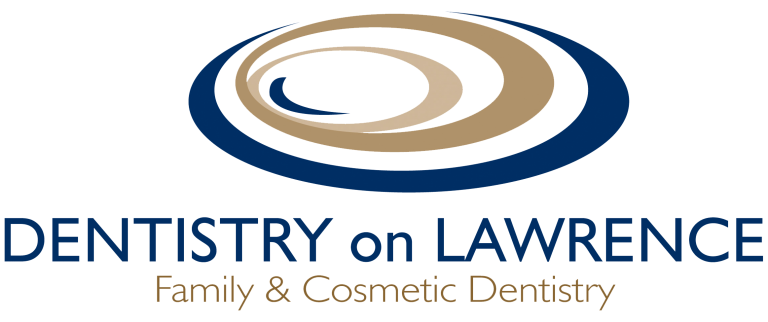For many individuals, the idea of visiting the dentist can evoke feelings of anxiety and fear. Dental appointments may trigger memories of past painful experiences, contribute to claustrophobia, or simply create a general sense of unease. However, neglecting dental care due to these fears can lead to significant oral health problems down the road.
This is where sedation dentistry, often referred to as “dental care asleep,” comes into play. Sedation dentistry is a specialized field within dentistry that focuses on making dental visits as comfortable and stress-free as possible for patients with dental phobias or anxiety.
One common form of sedation dentistry is the use of nitrous oxide, often known as laughing gas. Nitrous oxide is administered through a mask placed over the nose, inducing a mild state of relaxation. It’s an ideal choice for individuals with mild anxiety who want to take the edge off their dental visit.
For those with more pronounced anxiety, oral sedation is an option. Patients are prescribed a sedative pill to take before their appointment. This medication induces a deeper state of relaxation, often to the point where patients might not remember much of the procedure. They remain conscious throughout but are considerably more at ease.
Intravenous (IV) sedation is another technique that offers precise control over sedation levels. Administered through an IV line, it keeps patients in a semi-conscious state, ensuring they are comfortable and free from anxiety.
Finally, there’s general anesthesia, the deepest form of sedation. This method is typically reserved for complex or surgical procedures. Under general anesthesia, patients are entirely unconscious, making it suitable for individuals with severe dental phobias or extensive dental needs.
The benefits of sedation dentistry are numerous. Patients experience reduced anxiety, a pain-free dental experience, and often, time seems to fly by during their appointment. This approach encourages regular oral care and promotes better oral health for those who might otherwise avoid the dentist.
If dental anxiety has been preventing you from seeking the oral care you need, discussing sedation dentistry options with your dentist could be the solution to a healthier and happier smile. Don’t let fear stand in the way of your dental well-being—explore sedation dentistry and enjoy stress-free dental visits.
